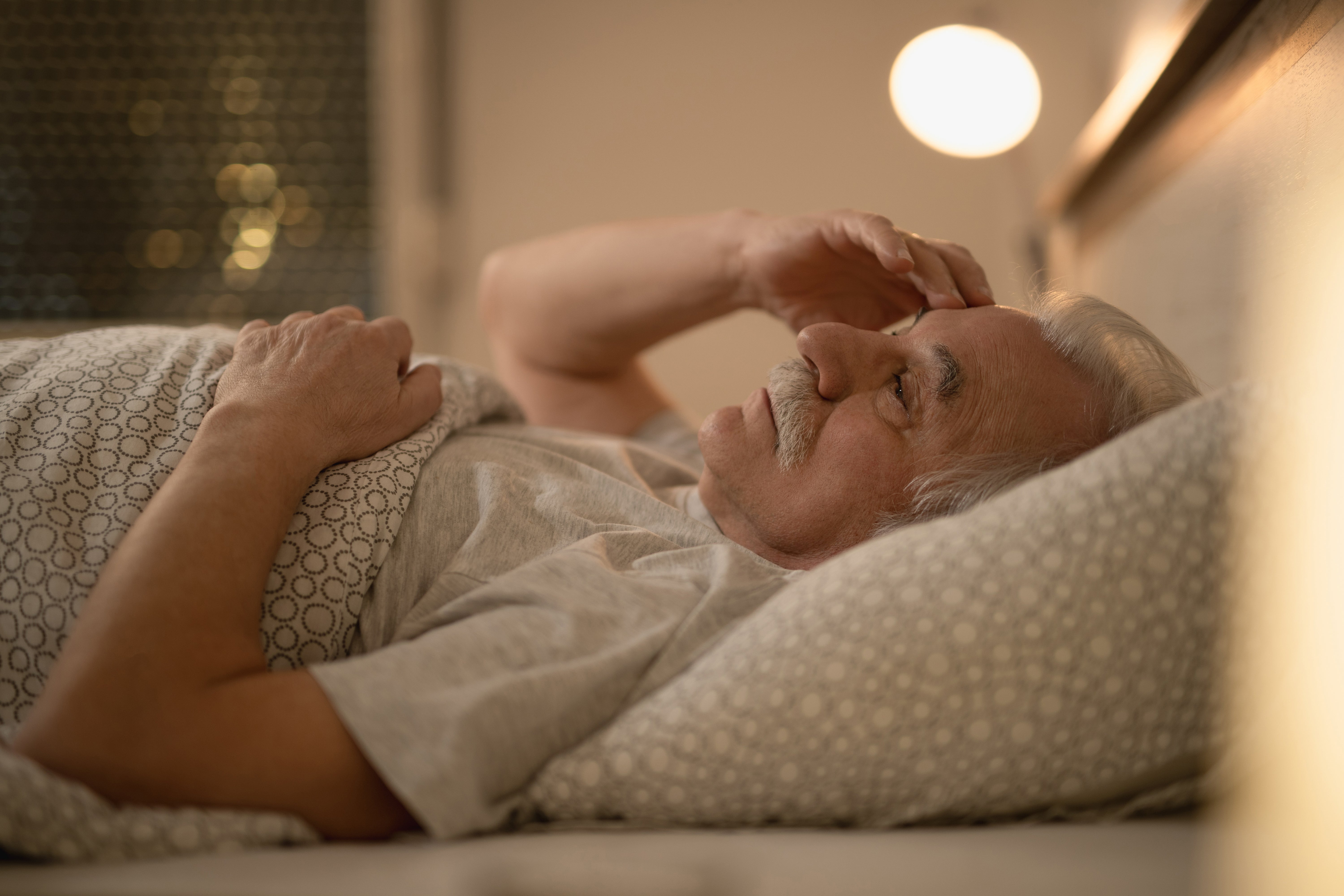Excessive sleep, particularly daytime sleepiness, has drawn attention for its possible connection to dementia and Alzheimer's disease. Research suggests that changes in sleep patterns, especially prolonged sleep or frequent naps, might be early indicators or contributing factors for these conditions.
Studies have shown that people who transition from shorter to longer sleep durations—specifically sleeping more than nine hours a night—may face a higher risk of developing Alzheimer’s. Similarly, those who consistently sleep over nine hours a day appear to have a greater likelihood of developing dementia compared to those who sleep less.
Daytime sleepiness, often marked by an overwhelming urge to nap, has also been linked to Alzheimer's pathology. Elevated levels of beta-amyloid, a protein associated with Alzheimer's, have been observed in individuals experiencing excessive daytime drowsiness. Such sleep disruptions are not limited to Alzheimer's but can also be seen in vascular dementia, where changes in sleep patterns may signal the onset of the disease.
Excessive daytime sleepiness (EDS) is particularly pronounced in patients with mild dementia with Lewy bodies, even more so than in those with Alzheimer’s or frontotemporal dementia. In later stages of dementia, increased sleep becomes a common occurrence, often reflecting the progression of the disease.
Interestingly, a study revealed a two-way relationship between daytime napping and cognitive decline. While frequent naps might point to a heightened risk of Alzheimer’s, the diagnosis itself can accelerate the tendency to nap excessively as individuals age.
It’s essential to remember that while these findings highlight a connection between sleep and dementia, they don’t imply that extended sleep directly causes these conditions. Other elements, like sleep quality or underlying health issues, play a significant role. If you’re concerned about your sleep habits or notice changes, reaching out to a healthcare professional can provide clarity and guidance.
Healthy sleep patterns are vital not only for overall well-being but may also play a role in maintaining cognitive health.









